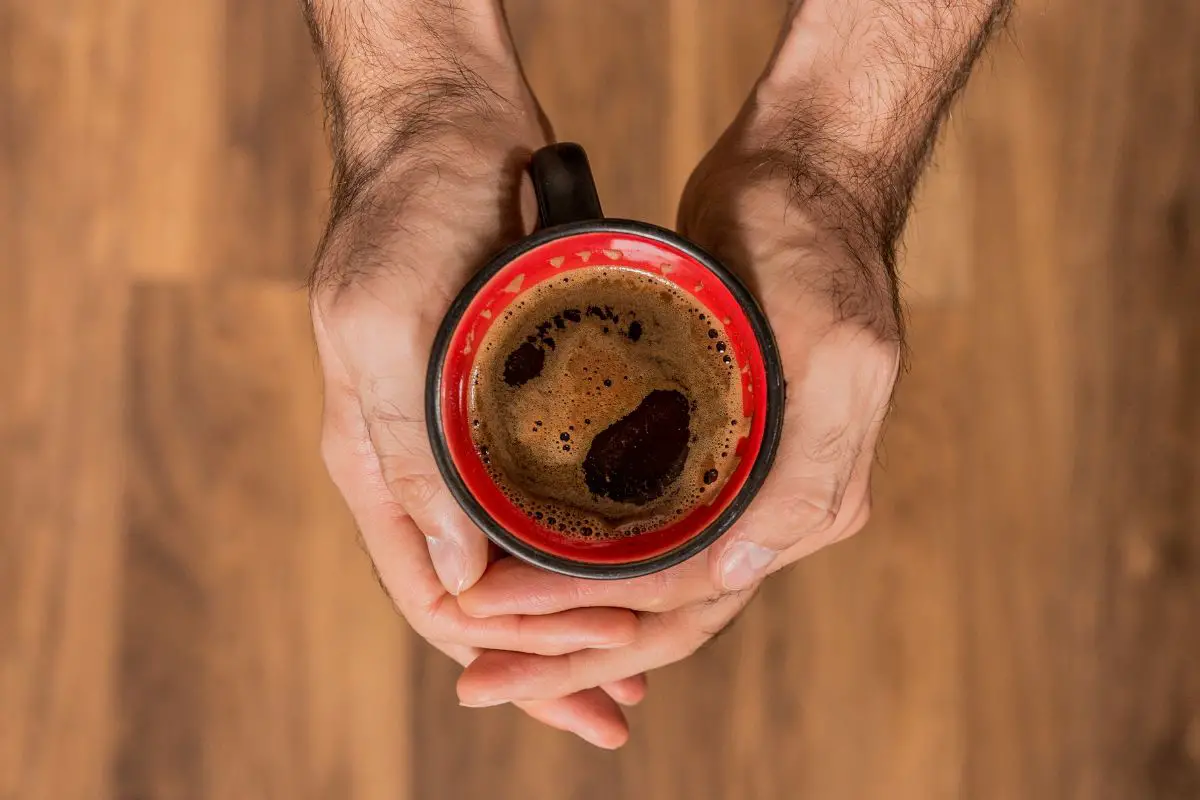Many people experience caffeine jitters after consuming coffee or other beverages that contain caffeine. These jitters refer to a feeling of a rush in energy levels, followed by a sudden crash of energy. Jitters can make you feel unsettled or unable to concentrate. How long does caffeine jitters last? In this article, we will discuss how caffeine jitters occur and how long they last.

The Science behind Coffee Beans
To understand how caffeine jitters occur, it will help to discuss the chemical profile of a coffee bean. A coffee bean contains numerous complex molecules including caffeine, catechol, chlorogenic acid, N-alkanoyl-hydroxytryptamide, and pyrogallol. These chemicals occur naturally in coffee beans. They are responsible for various functions.
Caffeine, for instance, provides a coffee plant with a natural defense mechanism against other plants. As coffee plants grow, their leaves fall and decompose in the soil. As a result, caffeine in the leaves leaches into the soil. Caffeine is a toxic chemical to other plants. It prevents other kinds of plants from growing near the coffee plant. Thus, there is less competition for sunlight and minerals.
How Does Caffeine Cause Jitters?
Coffee beans contain caffeine as the main active ingredient. When you drink coffee, its caffeine content stimulates the nervous system. It works by blocking the effects of adenosine. Adenosine causes drowsiness and sleep. When blocked, it causes the body to become more alert rather than sending signals of tiredness.
As it stimulates the body into flight or fight mode, it encourages more blood flow throughout the body. Consequently, it can cause an increase in blood pressure. The increased blood flow means there are increased heart contractions that may cause palpitations or heart problems in serious cases.
These palpitations are unwanted sensations of caffeine jitters. When the body is over-stimulated, you may also experience anxiety or stress, thereby preventing you from being focused.
How Long Does Caffeine Jitters Last?
You are likely to experience jitters and other effects of caffeine within an hour after ingestion. Caffeine is absorbed rapidly. It can hit the bloodstream within 5 minutes of consumption. Symptoms of caffeine jitters can last several hours.
However, the exact time the jitters last and their severity depends on the amount of caffeine ingested and your body’s ability to metabolize caffeine. If you can metabolize caffeine faster, then your caffeine jitters will end sooner. However, if you are slow in metabolizing caffeine, you may experience jitters for a couple of hours.
How to Drink Coffee without Experiencing Jitters
If you have a history of experiencing jitters when you consume coffee, you likely dread repeat occurrences. But what should you do when you still want to enjoy coffee? Here are some tips to help you drink coffee without experiencing caffeine jitters:
1. Eliminate Sweeteners
Adding sugar or other artificial sweeteners to your coffee can increase the chances of developing jitters. Cut out added sugar from your coffee to see whether it was the cause of the jitters. Try black coffee as it does not contain any added sugars.
2. Limit your Caffeine Intake
If you have eliminated sugars but still experiencing jitters when you drink coffee, then caffeine is the culprit. Reduce your caffeine intake gradually until you stop experiencing jitters. Alternatively, take caffeine-free beverages such as caffeine-free teas. If you must drink coffee, switch to decaf coffee as it contains a negligible amount of caffeine.
3. Stay Hydrated
Drink sufficient water throughout the day. Water will help neutralize caffeine in your body system. Also, staying well hydrated will help get rid of caffeine from your body system more quickly.